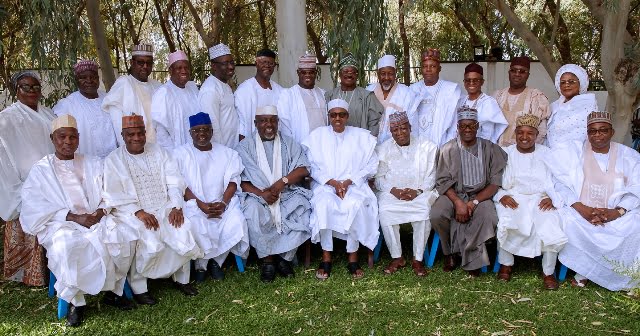Equatorial Guinea’s government has dismissed Baltasar Ebang Engonga, Director General of the National Financial Investigation Agency (ANIF), following the discovery of approximately 400 explicit tapes involving high-profile women, including political figures and relatives of prominent officials. The scandal broke after leaked videos of Engonga’s encounters surfaced, sparking national outrage and concerns over the ethical standards of public officials.
According to Real Equatorial Guinea, President Teodoro Obiang Nguema Mbasogo ordered Engonga’s immediate dismissal, citing alleged misconduct and behavior incompatible with his office. The decision, detailed in Decree No. 118/2024 dated November 4, 2024, underscores the government’s zero-tolerance stance on abuse of power and moral breaches by those in authority.
The explicit videos reportedly feature several high-profile women, further intensifying the public backlash. Following the scandal, First Lady Constancia Mangue Obiang voiced her disapproval, calling for urgent government intervention to protect the privacy and dignity of Equatoguinean women. During a meeting with Prime Minister Manuel Osa Nsue, she demanded proactive measures to safeguard women’s rights and prevent similar incidents.
In a statement released on Facebook, the First Lady’s office emphasized the need for comprehensive policies that ensure a respectful and secure environment for women. While noting the government’s strides in advancing gender equality, Mrs. Obiang highlighted the importance of digital safety and accountability for public servants. “The government must act not only to respond to incidents but to prevent them, ensuring the protection of Equatoguinean women,” the statement read.
Engonga’s dismissal marks a significant moment in the nation’s efforts to uphold ethical governance. The public outcry around the scandal has raised questions about accountability, transparency, and the broader social implications of public office misconduct in Equatorial Guinea.




